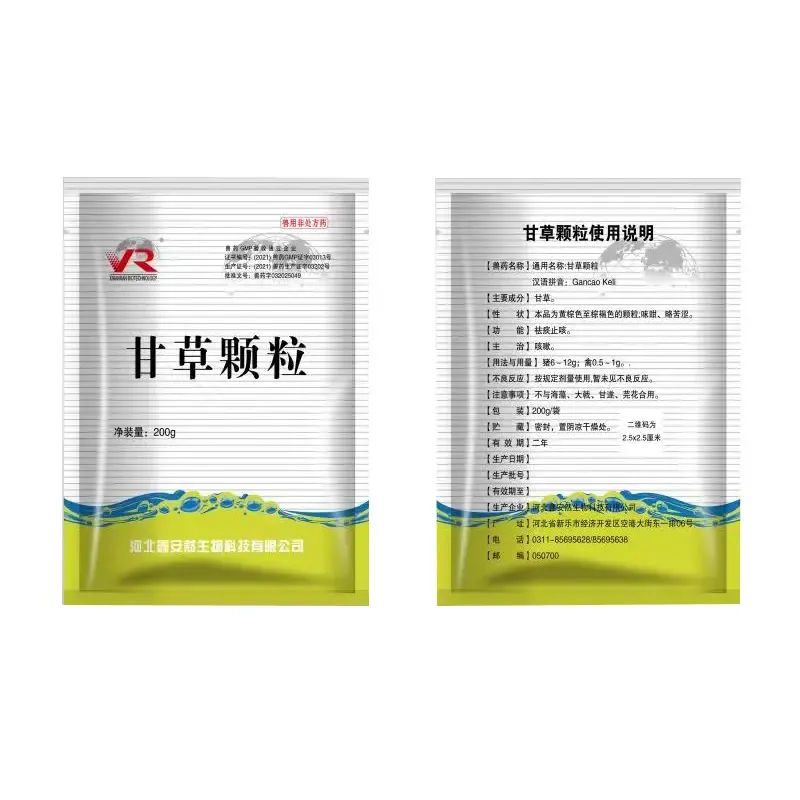- Afrikaans
- Albanian
- Amharic
- Arabic
- Armenian
- Azerbaijani
- Basque
- Belarusian
- Bengali
- Bosnian
- Bulgarian
- Catalan
- Cebuano
- Corsican
- Croatian
- Czech
- Danish
- Dutch
- English
- Esperanto
- Estonian
- Finnish
- French
- Frisian
- Galician
- Georgian
- German
- Greek
- Gujarati
- Haitian Creole
- hausa
- hawaiian
- Hebrew
- Hindi
- Miao
- Hungarian
- Icelandic
- igbo
- Indonesian
- irish
- Italian
- Japanese
- Javanese
- Kannada
- kazakh
- Khmer
- Rwandese
- Korean
- Kurdish
- Kyrgyz
- Lao
- Latin
- Latvian
- Lithuanian
- Luxembourgish
- Macedonian
- Malgashi
- Malay
- Malayalam
- Maltese
- Maori
- Marathi
- Mongolian
- Myanmar
- Nepali
- Norwegian
- Norwegian
- Occitan
- Pashto
- Persian
- Polish
- Portuguese
- Punjabi
- Romanian
- Russian
- Samoan
- Scottish Gaelic
- Serbian
- Sesotho
- Shona
- Sindhi
- Sinhala
- Slovak
- Slovenian
- Somali
- Spanish
- Sundanese
- Swahili
- Swedish
- Tagalog
- Tajik
- Tamil
- Tatar
- Telugu
- Thai
- Turkish
- Turkmen
- Ukrainian
- Urdu
- Uighur
- Uzbek
- Vietnamese
- Welsh
- Bantu
- Yiddish
- Yoruba
- Zulu
Dec . 18, 2024 12:24 Back to list
Exploring the Benefits and Uses of Veterinary Tablets for Animal Health
The Importance of Veterinary Tablets in Animal Healthcare
In the realm of veterinary medicine, tablets have emerged as a crucial method of delivering medication to animals. Whether it's a household pet, a farm animal, or a wild creature in rehabilitation, veterinary tablets offer an efficient and effective way to treat various health conditions. This article delves into the significance of veterinary tablets, their benefits, common types, and considerations for use in the care of animals.
The Role of Veterinary Tablets
Veterinary tablets are specifically formulated medications designed to address a myriad of health issues in animals. They can be used to treat infections, manage pain, alleviate allergies, and even control chronic diseases. The development of these tablets is grounded in extensive research to ensure they are safe, effective, and palatable for the intended species. Unlike injectables or topical solutions, tablets provide a non-invasive option for administering medication, which can be less stressful for animals.
Benefits of Veterinary Tablets
One of the primary advantages of using veterinary tablets is their ease of administration. Many tablets are designed to be palatable, making it simpler for pet owners or veterinarians to get an animal to ingest its medication. This is particularly important since some animals can be quite resistant to treatments.
Additionally, veterinary tablets come in a range of dosages, allowing veterinarians to tailor treatments based on the specific needs of each animal. Correct dosage is crucial in veterinary medicine, as an incorrect dose can lead to ineffective treatment or, conversely, toxic side effects.
Another significant benefit of tablets is their shelf life. Unlike some liquid medications that may need refrigeration or have a limited period of effectiveness after being opened, tablets typically have a longer shelf life. This durability makes tablets a more convenient option for both veterinarians and pet owners, especially in situations where access to veterinary services may be limited.
Common Types of Veterinary Tablets
Veterinary tablets can be categorized into several types based on their use and formulation. Some common categories include
1. Antibiotics These are used to treat bacterial infections in animals. Different types of antibiotics are available, and choosing the right one depends on the type of infection and the specific animal.
veterinary tablets

2. Anti-inflammatory Drugs Tablets formulated to reduce inflammation and alleviate pain are commonly used for animals suffering from arthritis or other chronic pain conditions.
3. Parasite Control Many tablets are designed to treat or prevent infestations from internal parasites such as worms or external parasites like fleas and ticks.
4. Vitamins and Supplements Some tablets are non-prescription and can provide additional nutrients or supplements to an animal's diet, supporting overall health and well-being.
5. Behavioral Medications Increasingly, tablets are being used to manage behavioral issues in pets, helping to calm anxiety or reduce aggression through pharmacological intervention.
Considerations for Use
While veterinary tablets offer many advantages, several considerations must be addressed. Firstly, proper administration is essential; pet owners should adhere to the veterinarian's instructions regarding dosage and timing. Some tablets may need to be given with food, while others must be administered on an empty stomach.
It is also important to monitor the animal for any adverse reactions after medication administration. Common side effects can include gastrointestinal upset, but more severe reactions can occur, necessitating immediate veterinary attention.
Lastly, pet owners should maintain an open line of communication with their veterinarians. If a tablet formulation is not working as intended, or if the animal is having difficulty taking the medication, alternatives such as liquid medications, injections, or flavored tablets might be available.
Conclusion
Veterinary tablets play an indispensable role in animal healthcare, providing an accessible and effective way to deliver essential medications. Their ease of use, longer shelf life, and variety of formulations make them a preferred choice for both veterinarians and pet owners. However, like any medication, they require responsible management and adherence to prescribed guidelines to ensure the best outcomes for our beloved animals. As veterinary medicine continues to evolve, tablets will undoubtedly remain at the forefront of effective animal treatment, contributing to healthier and happier lives for the creatures we care for.
-
Guide to Oxytetracycline Injection
NewsMar.27,2025
-
Guide to Colistin Sulphate
NewsMar.27,2025
-
Gentamicin Sulfate: Uses, Price, And Key Information
NewsMar.27,2025
-
Enrofloxacin Injection: Uses, Price, And Supplier Information
NewsMar.27,2025
-
Dexamethasone Sodium Phosphate Injection: Uses, Price, And Key Information
NewsMar.27,2025
-
Albendazole Tablet: Uses, Dosage, Cost, And Key Information
NewsMar.27,2025













